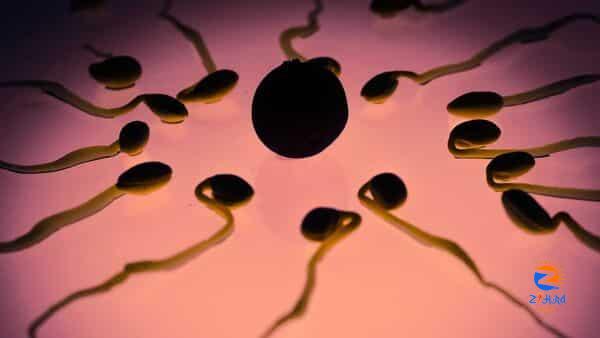
[ad_1]
A drug aimed at treating eyes immobilized sperm and prevented pregnancy in mice, encouraging researchers that it might work as a contraceptive for men.
Injected into male mice, the drug was 100% effective in preventing pregnancy for 2½ hours and about 91% effective for up to 3 ½ hours, according to a study published Tuesday in the journal Nature Communications.The male mice were fertile after a day, the study found.
The new approach is appealing for how quickly the contraceptive acts. The researchers said they would test the drug in other animals and aim for human trials in the coming years.
“You would only have to take it once,” before sex, said Chris Lindsey, a program officer at the National Institutes of Health’s Contraception Research Branch. “That’s pretty awesome.”
Dr. Lindsey wasn’t part of the team that conducted the research, but was involved in overseeing the project after it was funded by his division at the NIH.
Two options exist for men seeking contraception: vasectomy and condoms. A multitude of contraception options for women have side effects, and some health conditions limit their use. Women on oral contraceptives have reported bleeding between periods, nausea and decreased sexual drive as side effects. Women with intrauterine devices have reported depression, hair loss, and ovarian cysts.
Experimental approaches for contraception in men involve hormonal treatments that arrest sperm production using testosterone. They can take months to take hold and men must continuously take the treatments to preserve the contraceptive effects, Dr. Lindsey said. The new drug, tested in mice as an injection or oral dose, could be easier to use.
“This has been a major step forward in the field,” said Gunda Georg, a medicinal chemist at the University of Minnesota who wasn’t involved with the work. Dr. Georg’s group is studying another molecule that prevents the production of sperm as a potential male contraceptive. After tests in mice, rats and primates, Dr. Georg expects human trials to begin in coming months.
The drug presented in Tuesday’s study acts by deactivating an enzyme in mice and men that make sperm swim. “It’s like your on-switch on your TV,” said Jochen Buck, a pharmacologist at Weill Cornell Medicine, an author of the study. When the researchers added the drug to human and mice sperm in a dish, the cells stopped moving temporarily. Lower doses of the drug resulted in progressively more mobile sperm cells, Dr. Buck said. The drug took about 15 minutes to take effect.
Male mice injected with the drug didn’t alter their mating behavior. Allowed to mate in the 2.5 hours after injection, none of 52 pairs of mice produced offspring. A third of mice partners in a control group of 50 had pregnancies. Mice given the drug were later able to father healthy pups, the study said.
The team began to study these molecules about 4½ years ago, when Melanie Balbach, a postdoctoral researcher at Weill Cornell Medicine, treated mice with a version of the molecule while looking for a drug for a rare eye disease. The drug had temporarily frozen the sperm of mice. She presented the results at a group meeting.
“I said ‘Oh, my God, that’s the Holy Grail, that’s a male contraceptive,’” Dr. Lonny Levin, a pharmacologist at Weill Cornell Medicine and a member of the team, remembered.
The team is testing the drug in rabbits. Dr. Levin said they intend to survey other related molecules to find one best suited for a drug in people.
[ad_2]